SBE Council: Tax Enforcement Uncertainty is Thwarting Small Business Growth and U.S. Economic Potential
Tax-code stability and simplicity have been priority issues for SBE Council since our founding more than thirty years ago. As entrepreneurs and small business owners have told us time and again in meetings, roundtables, surveys, and through various forms of communication over the years, tax certainty and clarity encourages them to confidently invest, expand, and create new jobs. A new report SBE Council commissioned through Oxford Economics explores an overlooked and issue related to tax uncertainty: the burden and costs of tax enforcement uncertainty on American businesses – especially small businesses.
The report, Assessing the Impact of Tax Enforcement Uncertainty in the U.S., fills an important gap in tax policy research. It delivers compelling evidence about how unpredictable and unclear IRS enforcement practices hurt small business growth, and stifle investment and job creation. This is a wake-up call for policymakers.
A Hidden Drag on Investment, Jobs, and Growth
The analysis reveals that reducing tax enforcement uncertainty would:
● Boost private sector investment by up to $118.8 billion annually.
● Increase business revenues by as much as $1.4 trillion per year.
● Create up to 4.3 million new jobs.
● Lower tax compliance costs for U.S. businesses by as much as $8.8 billion annually.
For entrepreneurs already juggling costly red tape, workforce shortages, tighter access to capital and general economic uncertainty, the unpredictable nature of tax enforcement has become an additional – and unnecessary – burden. While the Trump Administration and Congress are doing great work on the regulatory relief and modernization front across federal agencies, much work still needs to be done at the Internal Revenue Service (IRS) in modernizing practices and focusing on fair enforcement and taxpayer service. This can begin, for example, by revoking a Biden-era initiative that gave IRS agents a “license to hunt” (as Steve Forbes describes it in an May 29 Op-Ed) America’s small and family-owned businesses via enforcement shakedowns.
As noted in the SBE Council- Oxford Economics report, small firms are disproportionately impacted by tax enforcement uncertainty:
● 71% of small business respondents say tax enforcement uncertainty impedes their ability to compete with larger companies.
● Over one-third avoid claiming tax credits or incentives – like the R&D tax credit – out of fear that doing so could trigger an audit.
● Nearly 3 in 5 spend 9% or more of annual revenue on compliance alone.
This is capital that should be fueling innovation, wage growth, and business expansion – rather than being devoured by legal fees and accounting uncertainty.
Audits and Strict Penalties are Driving Fear
The findings point to a clear culprit in terms of what business owners fear and want to avoid: an IRS audit. Unpredictability about the scope of these audits and the financial and personal toll they extract are a top source of enforcement anxiety for business owners and their teams, regardless of business size and across all industry sectors. This is compounded by the chilling effect of “strict liability” penalties – where businesses can be penalized even when they act in good faith.
Unsurprisingly, the vast majority of business owners and leaders – 77% overall and 71% of small business owners – say the removal of these strict penalties would meaningfully reduce the negative impact of tax enforcement uncertainty.
A Call for Reform
This report adds important new data to a growing body of evidence about the effects of tax-code complexity and aggressive enforcement: clarity and consistency in tax enforcement are essential for economic growth. Small businesses should not have to fear undue IRS scrutiny when they utilize the incentive and relief programs designed to help them compete and grow.
Entrepreneurs deserve a tax system that encourages investment and participation in pro-growth incentives, not one that penalizes them for navigating the system in good faith. This report provides support for reforms and changes that focus on smart and fair enforcement policies that work for small businesses and the broader U.S. economy.
There are a host of changes the IRS can make to operate efficiently and better balance its core role in administering and enforcing federal tax laws. For example, the IRS can promote compliance fairness and certainty for business partnerships by revoking Revenue Ruling 2024-14 – a Biden-era initiative that broadly expands IRS’s authority to use the economic substance doctrine. The ruling is at odds with other parts of the tax code and long accepted practices, which has created significant uncertainty.
Thankfully, this important issue is receiving increased scrutiny on Capitol Hill, as twenty U.S. House Ways and Means Committee members recently sent a letter to IRS Commissioner Billy Long advocating for a withdrawal of the revenue ruling. This follows a letter from key U.S. Senators in May 2025 expressing concern about the impact of the Biden-era initiative on Main Street businesses. SBE Council, among other business and taxpayer organizations, has urged the U.S. Treasury to revoke the revenue ruling. We are hopeful that under the new leadership of Commissioner Long, enforcement will become fair, consistent, and transparent.
SBE Council encourage entrepreneurs, policymakers, and advocates to join our efforts in pushing for reforms that restore certainty and fairness to the tax system. We support reforms, among others, that:
● Provide clearer IRS guidance on tax credits, deductions, and audit triggers.
● Ensure consistent enforcement practices across IRS regions and agents.
● Re-evaluate strict liability penalties, especially for small and mid-sized businesses.
SBE Council will continue to advocate for tax policies that support America’s entrepreneurs and small business owners. Tax enforcement should never be a barrier to starting a business, business growth, and innovation. With smart reforms and fair enforcement, we can unlock investment, innovation, and opportunity for millions of businesses across the country.
